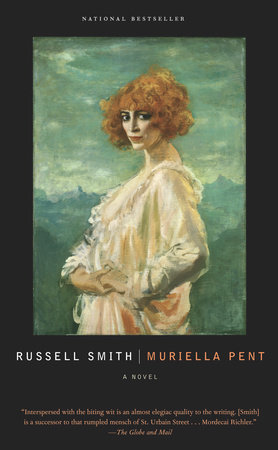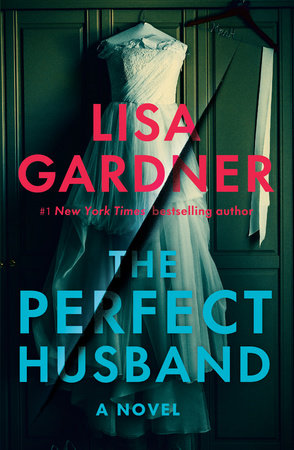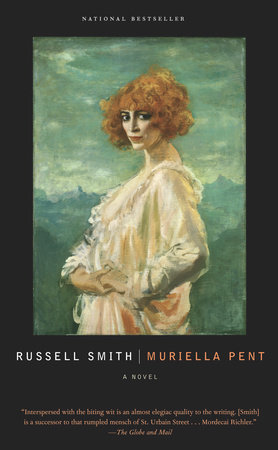


-
$13.50
Apr 12, 2005 | ISBN 9780385259798
-
Nov 05, 2010 | ISBN 9780385674195
YOU MAY ALSO LIKE
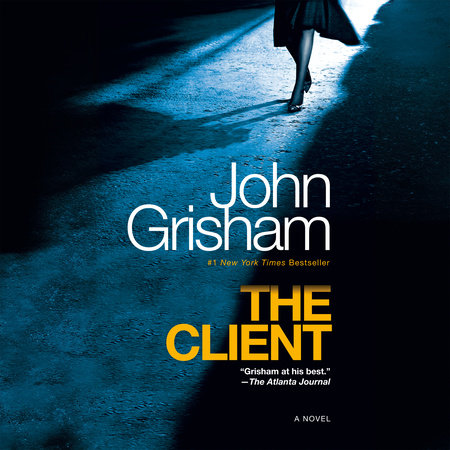
The Client
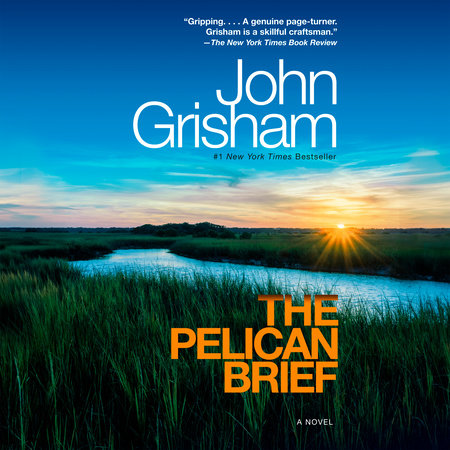
The Pelican Brief
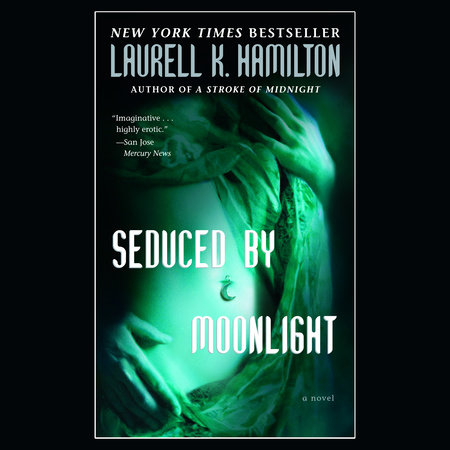
Seduced by Moonlight
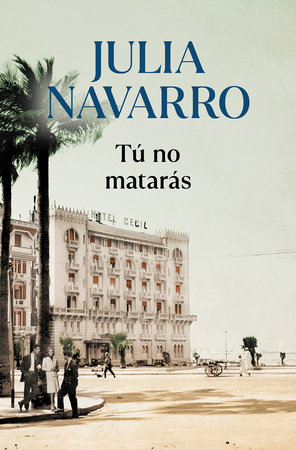
Tú no matarás / You Shall Not Kill
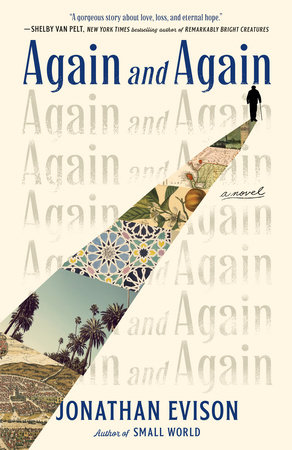
Again and Again
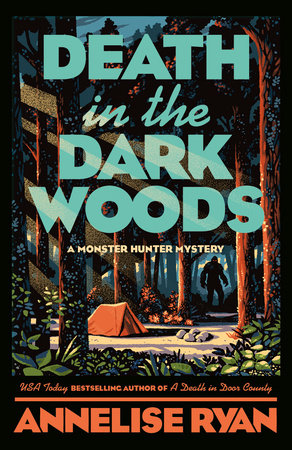
Death in the Dark Woods
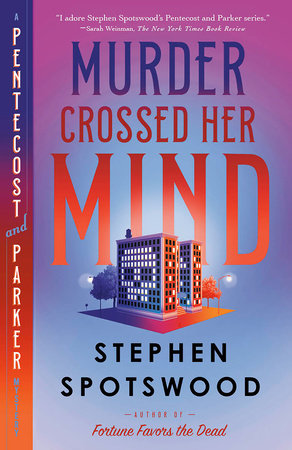
Murder Crossed Her Mind
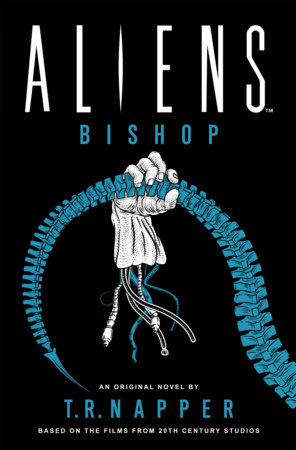
Aliens: Bishop
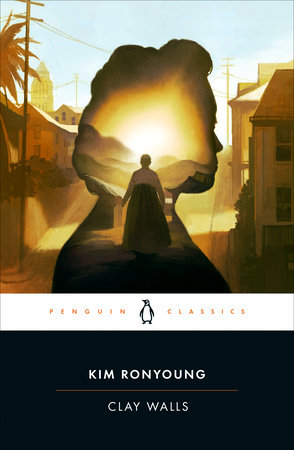
Clay Walls
Praise
“Smith writes some of the most luminous prose in Canadian fiction. . . . He mines and refines the best of what has come before on the way to making it his own. Also, Smith is entirely credible when writing female characters. . . . One catches quiet echoes of Katherine Mansfield and Virginia Woolf.”
—The Gazette (Montreal)
“[Marcus] Royston is one of the most convincing characters I’ve come across in Canadian fiction. . . . Interspersed with the biting wit is an almost elegiac quality to the writing.”
—The Globe and Mail
“This is a valuable addition to the Canadian canon, rivaling the early work of another skilled satirist of the urbane and urban, Mordecai Richler.”
—Ottawa Citizen
“The best Canadian novel published in 2004 was Muriella Pent…. Russell Smith is one of the best stylists of my generation. His prose is exact, surprising, and written by a man with a fine ear.”
—Andre Alexis, author of Childhood, in The Globe and Mail
“The heart of the novel beats in time with D.H. Lawrence and Henry Miller and all the writers before and after them who, when you sweat their books down to the essentials, say simply that sex is an artery of life. Muriella Pent plays out on a bigger canvas than Smith has worked on before. It’s the work of a good novelist who wants to be a better novelist. And has become one. There’s a gifted and sensually alert writer at the wheel here.”
—National Post
“Deserves to stand as one of the strongest Canadian novels of the year”
—Edmonton Journal
“Irresistibly poignant…. Readers looking to spice up their book club will have plenty to talk about with Russell Smith’s latest, Muriella Pent. "
—Flare
“Read any page of Muriella Pent at random and it will become immediately obvious that you’re in the presence of a talented writer. . . . The really exciting aspect of Muriella Pent is the masterful way Smith presents his two central characters.”
—The Record (Kitchener-Waterloo)
“We need writers like Smith to remind us of the grim truth of this strange country…. It’s a funny, poignant, ambitious, and highly entertaining book and the boldest work yet in Smith’s bleak oeuvre.”
—Books in Canada
“[Russell Smith is] something of a literary heir to Margaret Atwood”
—The Toronto Star
“A novel of manners about ambitious young downtowners of an artistic bent, Muriella Pent is adroit and amusing. And in its depiction of one exceptional character, Caribbean poet Marcus Royston, it is very good indeed.”
—Maclean’s
21 Books You’ve Been Meaning to Read
Just for joining you’ll get personalized recommendations on your dashboard daily and features only for members.
Find Out More Join Now Sign In






